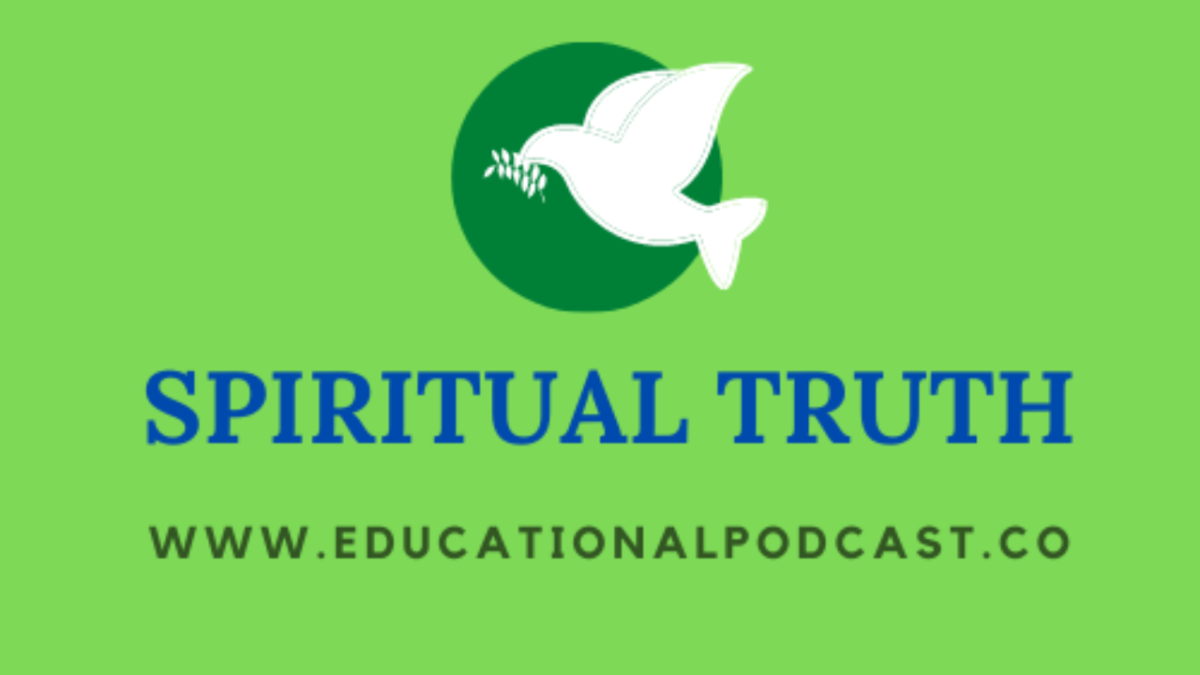The Holy Day Feast of the Unleavened Bread: Its true meaning and significance for the Jews and non-Jews
Welcome back to another episode of the educational podcast. I’m Elder Dan, your host. Today, I am diving into the meaning and significance of the Feast of Unleavened Bread in the Bible for the Jewish people and for the world.
If you would rather listen to this, just click the play button below. 🙂
The Feast of Unleavened Bread, also known as Chag HaMatzot, is a week-long festival that follows immediately after Passover. This feast commemorates the Israelites’ exodus from Egypt, where they were slaves, and the haste with which they had to leave, not even having time for their bread to rise. As a result, during the Feast of Unleavened Bread, Jewish people eat unleavened bread, or matzah, to remember this time of hardship and deliverance.
In the Book of Exodus, Yahweh commands the Israelites to eat unleavened bread during this festival to remember how they hurriedly left Egypt and did not have time to let their bread rise. This act symbolizes their dependence on Elohim’s provision and protection during their journey to freedom.
But the significance of this feast goes beyond just a remembrance of the past. It also holds important spiritual symbolism. Leaven, or yeast, is often used in the Bible as a metaphor for sin and corruption. By removing leaven from their homes and diets during this festival, the Jewish people symbolically cleanse themselves of sin and strive for purity and holiness.
In a broader sense, the Feast of Unleavened Bread serves as a reminder for all of us to strive for righteousness and freedom from sin. Just as the Israelites were delivered from bondage in Egypt, we too can be set free from the chains of sin through the sacrifice of Yahshua the Messiah.
The symbolism of the Feast of Unleavened Bread can also be seen in the New Testament. In 1 Corinthians 5:7-8, the apostle Paul likens leaven to sin and urges believers to cleanse themselves of sin in order to become a new lump, free from corruption. Just as the Israelites had to remove leaven from their homes during the feast, we too, must rid ourselves of sin in order to live a life pleasing to Almighty Yahweh, our Father in heaven.
So, as we reflect on the significance of the Feast of Unleavened Bread, let us remember the importance of striving for purity, holiness, and freedom from sin. May we all be inspired to walk in righteousness and follow in the footsteps of the Israelites as they journeyed from slavery to freedom.
Thank you for joining me for this episode of the educational podcast, the home of free podcasts for the real truths of the Bible. Tune in next time as we continue our exploration of the rich and profound teachings found in the Holy Scripture.
Before I go, let me pray this prayer for you: May Yahweh bless you and keep you; may Yahweh make his face shine upon you and be gracious to you; may Yahweh lift up his countenance upon you and give you peace. I humbly pray these things to Yahweh in the precious name of Yahshua, the Messiah.
Now, my departing greetings to all the brethren and to those of the same faith who commemorate the holy Feast of the Unleavened Bread. May the Almighty Yahweh, our Elohim in heaven, keep you safe and bless you. And do not forget to keep praying for the shalom of Yerushalayim. Halleluyah, amen.
